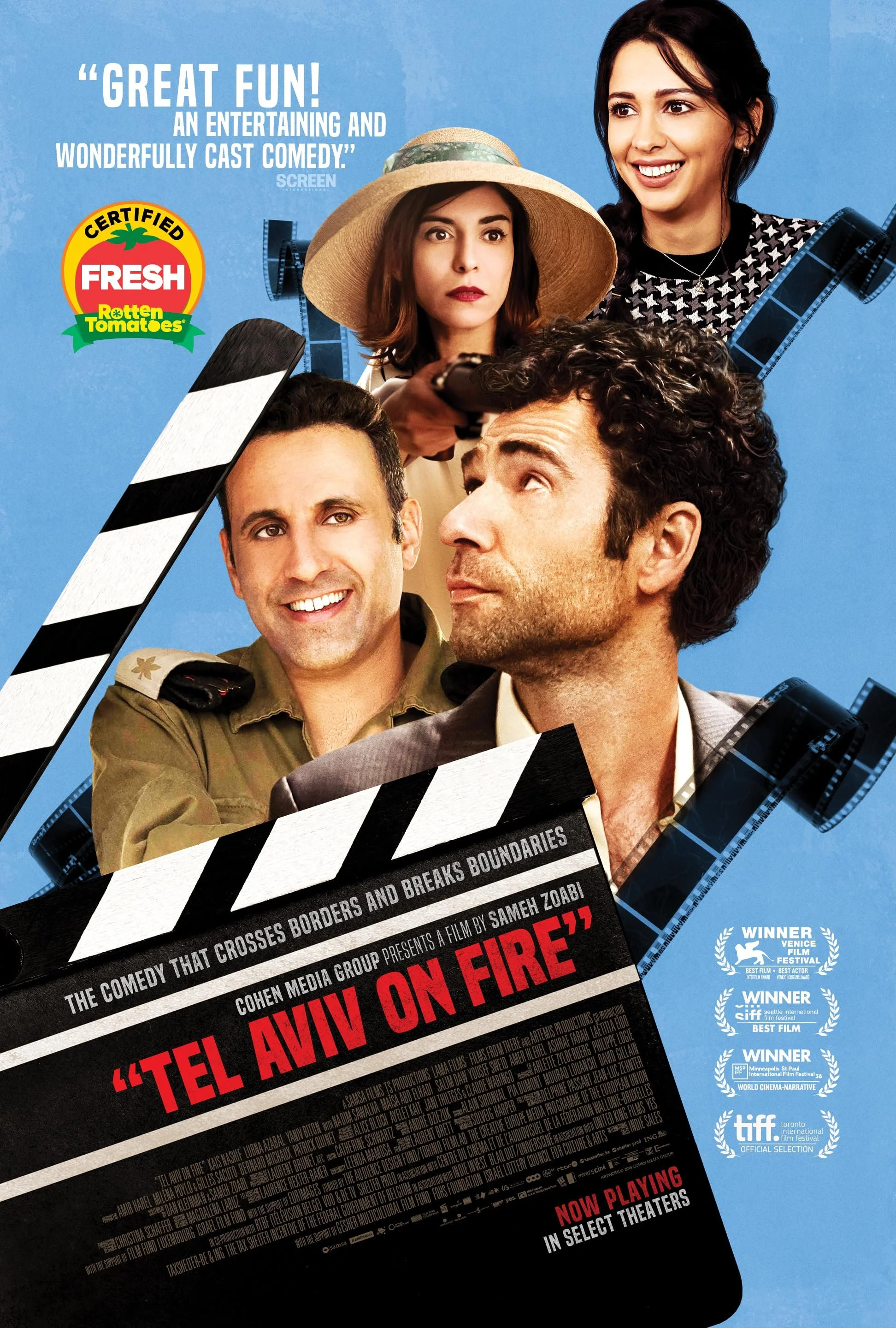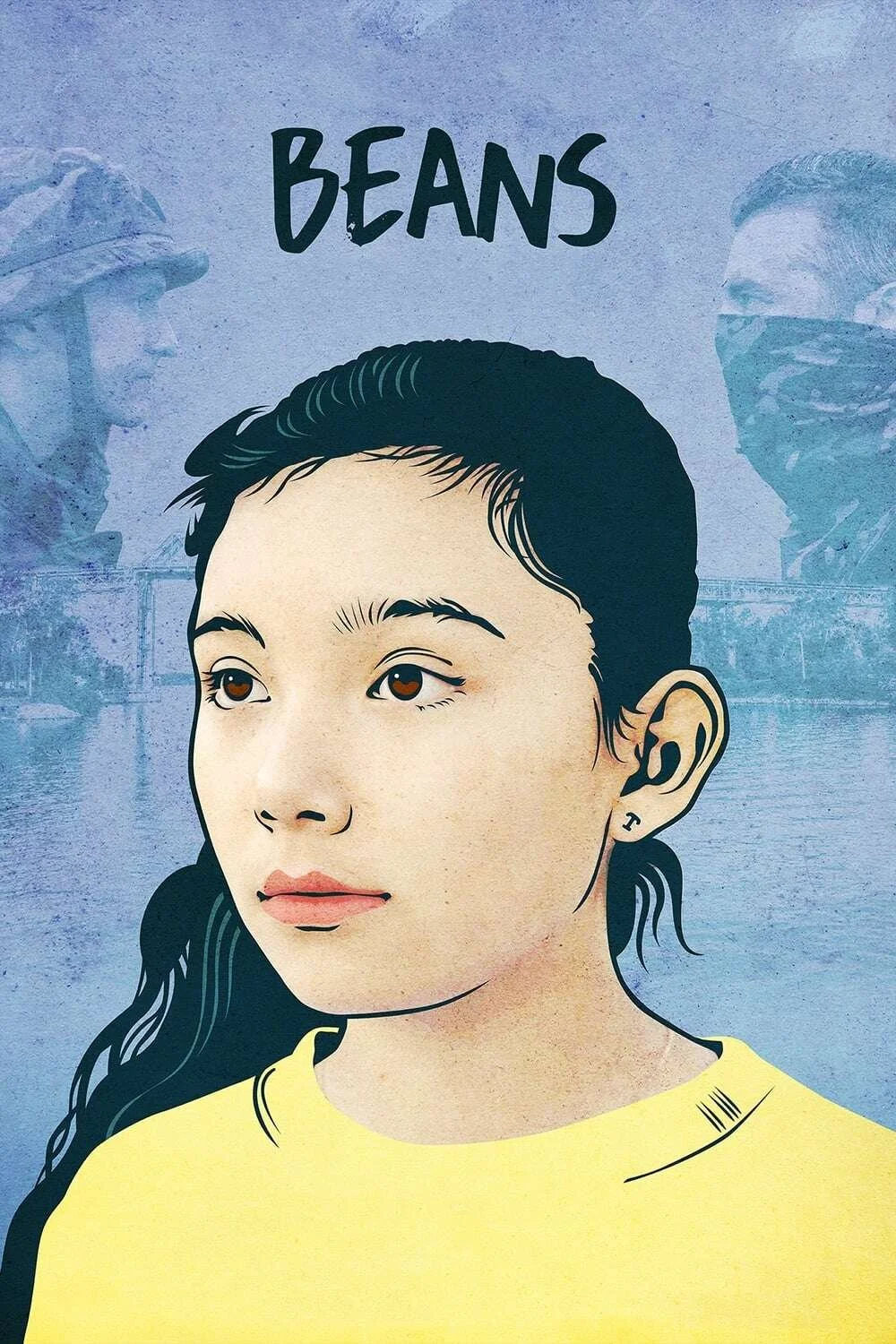
VCULT 100 / FINE 102
WORLD CINEMA AND VISUAL CULTURE
Welcome.
World Cinema and Visual Culture (VCULT 100 / FINE 102) is an introductory film course at the University of Waterloo. Using films from around the world, students learn about film analysis and interpretation while becoming more familiar with cinema’s ability to tell stories both local and universal in scope.
This course is part of the Visual Culture program housed in the Department of Fine Arts. I’m a German prof housed in Germanic and Slavic Studies, but I have a strong interest in film, especially its ability to represent and explore political and social change.

The Films - Fall Term 2024
Features of the course.
Preparation Activities
Prior to the lecture on a particular film, students will watch the film and do some readings on film analysis as well as on the film itself. A short, open-book exercise will help students identify key concepts and ideas with which they should be familiar.
Analysis Activities
After the lecture on a particular film, students will hone their skills in sequence analysis. They’ll do this in a peer review format so that they can get input from their classmates about how well their analyses come across.
Interpretation Activities
During weeks 5, 9, and 12, there will be no lectures. Instead, students will use the time to pull their learning together by doing exercises that develop their film interpretation skills.
Lectures
The lecture periods will be divided into two halves:
the first half will be devoted to exploring specific issues related to the form and content of the film under discussion;
the second half of the lecture period features “Questions for the TAs.” The TAs will take the stage and answer any questions posed to them by the audience.
Course Textbook
We’ll be using a textbook designed especially for this course called Contemporary World Cinema. An Introduction to Moving Pictures. This text is an adaptation of an open textbook, Moving Pictures by Russell Sharman from the University of Arkansas, with additional material from another open textbook, Film Appreciation by Yelizaveta Moss and Candice Wilson who teach at the University of North Georgia.
Open textbooks have two major advantages: they’re free for students, and they let an instructor adapt and modify them to fit the particular needs of the instructor’s course.
During Fall Term 2022, the textbook will be a work in progress: as the course progresses, the textbook will be added to and modified in response to what we’re learning in the course. Comments and ideas from students on the course exercises and during the lectures will have a direct impact on the text.














